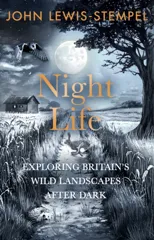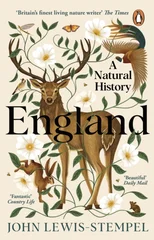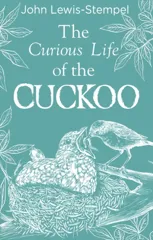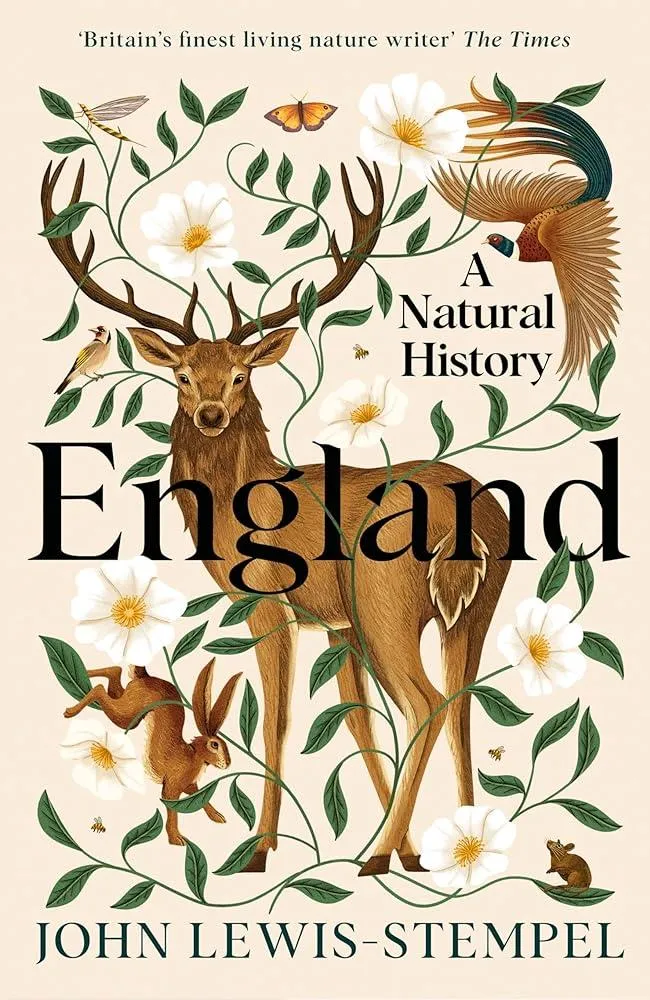A Brief History of the British Army
(Author) John Lewis-StempelThe story of the British Army has many sides to it, being a tale of heroic successes and tragic failures, of dogged determination and drunken disorder. It involves many of the most vital preoccupations in the history of the island - the struggle against Continental domination by a single power, the battle for Empire - and a cast pf remarkable characters - Marlborough, Wellington and Montgomery among them. Yet the British, relying on their navy, have always neglected their army; from the time of Alfred the Great to the reign of Charles II wars were fought with hired forces disbanded as soon as conflict ended. Even after the stuggles with Louis XIV impelled the formation of a reulgar army, impecunious governments neglected the armed forces except in times of national emergency. In this wide-ranging account, Major Haswell sketches the medieval background before concentrating on the three hundred years of the regular army, leading up to its role in our own time. He presents an informed and probing picture of the organization of the army, the development of weaponry and strategy - and the everyday life of the British soldier through the centuries. John Lewis-Stempel has brought Major Haswell's classic work right up to date by expanding the section on the dissolution of empire to include a full account of Northern Ireland and the Falklands War. He has added a new chapter to cover the Gulf War, Bosnia, Afghanistan and Iraq; also the increasing role of special forces and the amalgamation of regiments.
John Lewis-Stempel
John Lewis-Stempel is a British author known for his works in the field of natural history and rural living. His writing style is characterized by its lyrical prose and deep connection to the natural world. He has published over 40 books, including "Meadowland" and "The Running Hare," which have received critical acclaim for their vivid descriptions of the British countryside.
Lewis-Stempel's contributions to literature include his ability to transport readers to the beauty and wonder of the natural world through his immersive storytelling. His work has had a significant impact on the nature writing genre, inspiring readers to appreciate and protect the environment.
One of his most famous works is "The Wild Life," which won the Thwaites Wainwright Prize for Nature Writing in 2015. This book delves into the history and future of the British countryside, highlighting the importance of preserving its biodiversity and wildlife. Through his writing, John Lewis-Stempel has become a prominent voice in the field of nature writing, inspiring readers to reconnect with the natural world and protect it for future generations.






